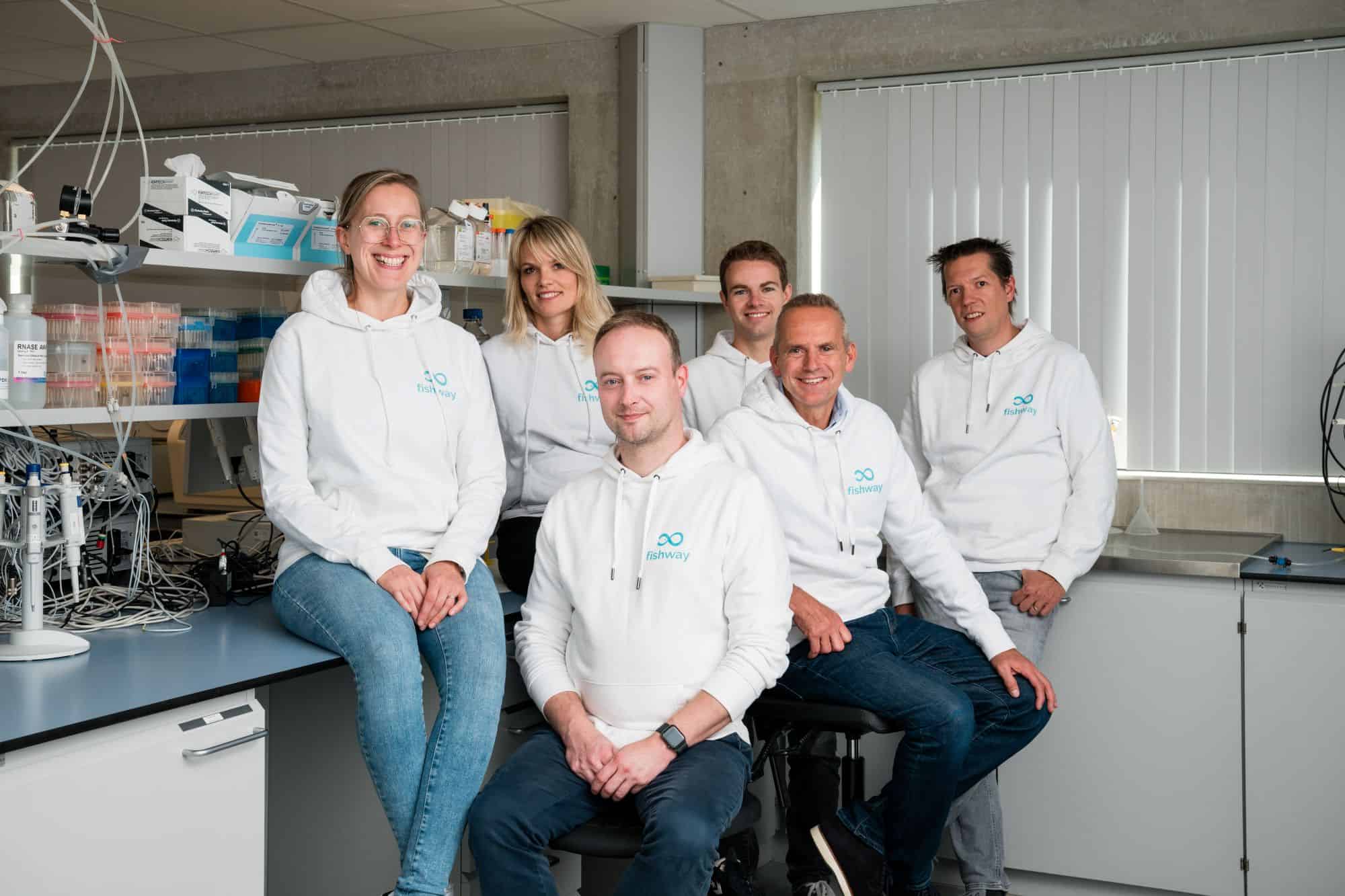US company Ark Biotech has launched a techno-economic analysis — Total Addressable Market (TEA) — claiming it demonstrates how new biomanufacturing tech can reduce the costs of cultivated meat to reach price parity with industrial animal meat.
“The TEA offers a current perspective on where the industry has got to thus far and what is necessary for further progress,” says the company.
Ark Biotech is a US B2B company supplying the cultivated meat industry with industrial-scale bioreactors, operating systems, and services. Based in Westwood, Massachusetts, the company was founded in 2021 by Yossi Quint, arguing that a bottleneck in the production system is stopping the technology from bringing cultivated meat to the masses.
Ark Biotech claims it is designing next-generation technology for the cultivated meat industry at lower costs: bioreactor capacities 100 times larger than pharma plants, energy and resource-efficient systems capable of producing cells and structured tissues at high densities, and automated systems powered by AI.

TEA analysis
In a statement, the company shared with vegconomist the following findings from its TEA analysis:
According to Ark Biotech, leveraging cell-culture achievements from the pharmaceutical industry can unleash a $29.5/lb COGS (cost of goods sold) baseline. This price could be even lower over time.
To reach price parity, companies need to apply cost reduction measures to the whole production chain, including media cost reduction, bioprocess optimization, and larger bioreactors, or multiple combinations of these levers, explains the B2B company.
Ark Biotech insists that the industry needs to reimagine biomanufacturing because the most promising solution is to reduce capex by increasing the size of bioreactors. It explains that larger bioreactors can additionally reduce COGS through lower depreciation and reduced labor need.
According to Ark Biotech, its newly released TEA provides a baseline focused on achievements from the pharmaceutical industry. Its analysis dives deep into the role of bioprocess in improving cost, including modes of production (e.g., perfusion, continuous, fed-batch).

1 million L bioreactors
Moreover, Ark Biotech argues that its model uses the economic viability of an industrial facility with a production capacity of 50,000 metric tons (MT) instead of the commonly used focus on factories producing 10,000 MT by other TEA analyses. The company says it has created models for 1 million L bioreactors, whereas other studies focus on bioreactors smaller than 25,000 or 250,000 L maximum.
“Cultivated meat is the most important landmark invention of our time, and bioreactors are critical to actualizing this historic change,” states the company on its website, adding, “Novel bioreactors are essential for creating a future that benefits the planet and its inhabitants. Through enabling mass production of cultivated meat, Ark is working to actualize a world where it can be said, ‘we once ate animals’.”
To learn more about the newly released TEA, visit Cultivated Meat’s Path to Price Parity.




